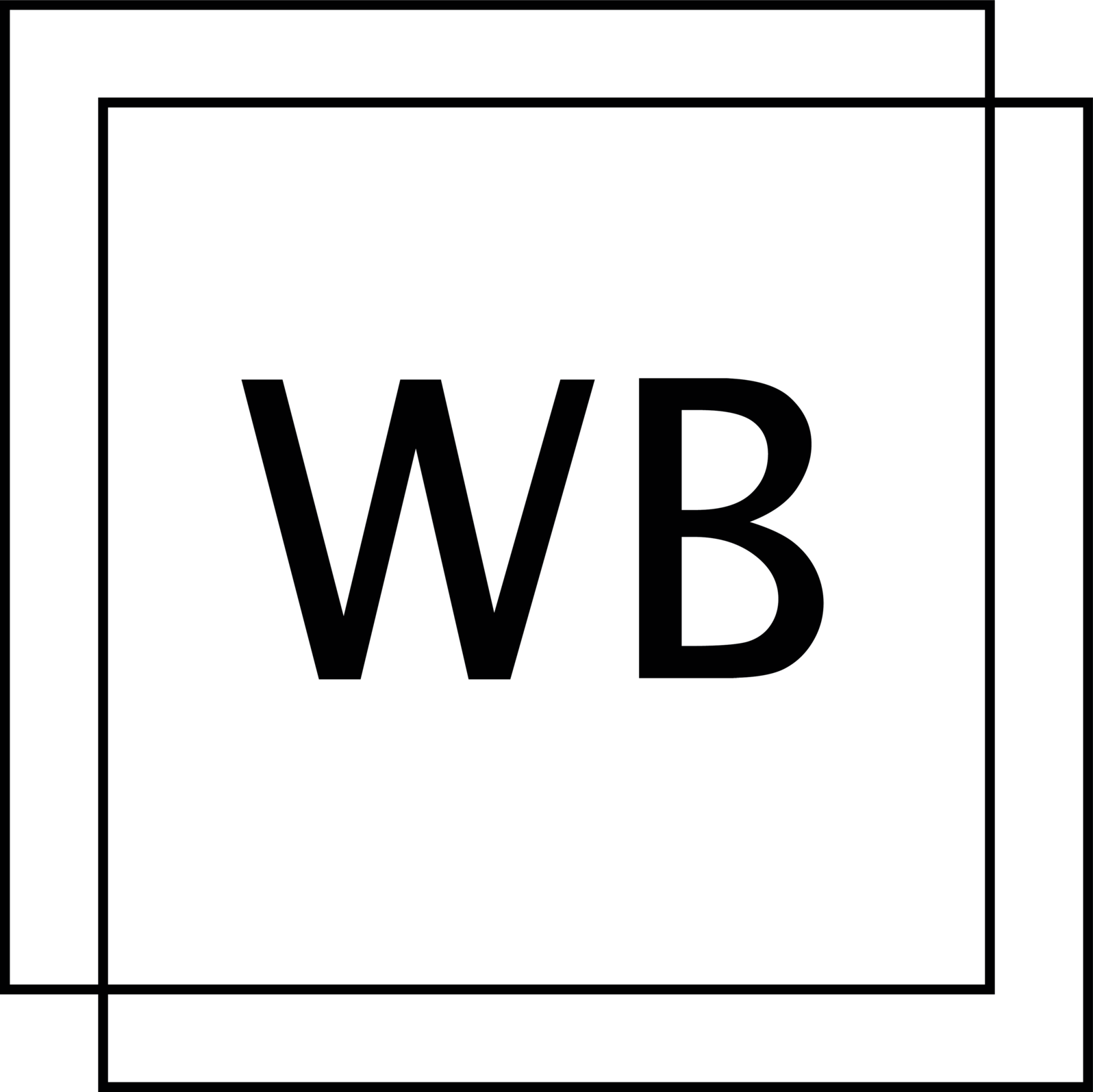7 Steps to Prepare For an Interview With a Business Media Journalist

Arranging an interview with a media outlet is nowhere enough to guarantee you succeed. Skillfully conducting it is no less important: you must make the conversation interesting, get your message and ideas across, prove yourself as an expert — all this requires you to thoroughly prepare for the meeting.
Here are several important recommendations that it would be useful to follow in preparing for your conversation with a journalist.
1. Reinforce your words with number
All business media want to tell their readers about financial indicators of a business. Accordingly, assemble all the numbers that you feel comfortable showing when you get ready for the interview. Request the latest data from your team ahead of the interview to be able to invoke the most relevant figures.
Clearly, not every company is ready to disclose its financials. It's possible that you recently conducted some market research or purchased analytical reports on your industry or have access to the comparable analysis of different markets — all of these can come in handy.
It's important to substantiate your statements: the more numbers you can provide in support of your words, the more you come off as an expert and the greater the audience's interest in your interview.
2. Define and articulate your key messages
An interview is an effective instrument for achieving a number of business objectives. Prior to the meeting, you must be clear on what you expect from the interview, how you will present yourself for this media outlet's audience, and what key messages you have to get across. You should also think of examples you will use to illustrate your statements and about the context that will enable such use.
Let's say that one of your interview's objectives is to draw new talented employees to your team. In order to do that, you must present the company as growing smoothly, successful on the market (substantiating that with numbers), and exciting in terms of its projects and prospects.
In this case, the key messages must reflect the following: ample opportunities for employees' professional growth, effective business processes inside the company, corporate culture, etc.
3. Research the journalist
Read several of their articles to gain an understanding of their work. See who they also interviewed, what topics they are interested in, what other media they work with, what surprising or tricky questions they posed to your colleagues. Don't forget the social media — you might find several common acquaintances who can provide some insights.
I would imagine that you researched the media outlet itself while the interview was organized. Nonetheless, it cannot be stressed enough that it's important to understand the media's agenda, specifics, and positioning.
4. Be on top of the news agenda
A business professional must be knowledgeable of the important events in the sphere of politics, economics, and finance. It would be helpful to scan the news prior to the meeting to be informed even of the things that happened just before the interview.
You should also familiarize yourself with your competitors' media agenda: what is happening, what is their market position and business indicators, what news they broadcast in the media. Journalists frequently ask questions about competitors, and you must be ready to show that you are in the know.
5. Help the journalist to prepare for the interview
A journalist always collects information about the company and its speaker from open sources and poses questions to those who may know their guest. The more factual information is collected, the more interesting and dynamic the interview will be.
In the event that your media presence has been limited and there isn't much information about you online, you can send the journalist your short bio, telling them where you studied and what was your career trajectory. It will be helpful if you also share a presentation with a detailed description of your company/project.
These materials can be also used to emphasize a certain aspect of your work. For example, if you want to highlight your company's corporate social responsibility, send the journalist examples of such projects.
6. Review your social media
Remember that when an interviewer googles you, they are likely to find your social media accounts. When you become a public person, it's best to delete or archive all the provocative posts even if they were written years ago. You must also be prepared for the fact that the journalist will ask you about the statements that you made or shared in your accounts.
7. Articulate the answers to difficult questions ahead of time
There may be a situation during an interview when the speaker doesn't have an answer to the journalist's question. More often than not it results from the fact that the speaker lacks the necessary information, and there is nothing bad about honestly admitting that.
I wouldn't recommend using the "I don't know" answer as it makes you look like an amateur. It's better to say that you need the time to request additional information from the team and that you'll be able to provide this data after the interview is over.
Articulate your answers to such questions ahead of time. Think about your possible weaknesses and about ways of gracefully resolving such situations.
The source: Medium
Here are several important recommendations that it would be useful to follow in preparing for your conversation with a journalist.
1. Reinforce your words with number
All business media want to tell their readers about financial indicators of a business. Accordingly, assemble all the numbers that you feel comfortable showing when you get ready for the interview. Request the latest data from your team ahead of the interview to be able to invoke the most relevant figures.
Clearly, not every company is ready to disclose its financials. It's possible that you recently conducted some market research or purchased analytical reports on your industry or have access to the comparable analysis of different markets — all of these can come in handy.
It's important to substantiate your statements: the more numbers you can provide in support of your words, the more you come off as an expert and the greater the audience's interest in your interview.
2. Define and articulate your key messages
An interview is an effective instrument for achieving a number of business objectives. Prior to the meeting, you must be clear on what you expect from the interview, how you will present yourself for this media outlet's audience, and what key messages you have to get across. You should also think of examples you will use to illustrate your statements and about the context that will enable such use.
Let's say that one of your interview's objectives is to draw new talented employees to your team. In order to do that, you must present the company as growing smoothly, successful on the market (substantiating that with numbers), and exciting in terms of its projects and prospects.
In this case, the key messages must reflect the following: ample opportunities for employees' professional growth, effective business processes inside the company, corporate culture, etc.
3. Research the journalist
Read several of their articles to gain an understanding of their work. See who they also interviewed, what topics they are interested in, what other media they work with, what surprising or tricky questions they posed to your colleagues. Don't forget the social media — you might find several common acquaintances who can provide some insights.
I would imagine that you researched the media outlet itself while the interview was organized. Nonetheless, it cannot be stressed enough that it's important to understand the media's agenda, specifics, and positioning.
4. Be on top of the news agenda
A business professional must be knowledgeable of the important events in the sphere of politics, economics, and finance. It would be helpful to scan the news prior to the meeting to be informed even of the things that happened just before the interview.
You should also familiarize yourself with your competitors' media agenda: what is happening, what is their market position and business indicators, what news they broadcast in the media. Journalists frequently ask questions about competitors, and you must be ready to show that you are in the know.
5. Help the journalist to prepare for the interview
A journalist always collects information about the company and its speaker from open sources and poses questions to those who may know their guest. The more factual information is collected, the more interesting and dynamic the interview will be.
In the event that your media presence has been limited and there isn't much information about you online, you can send the journalist your short bio, telling them where you studied and what was your career trajectory. It will be helpful if you also share a presentation with a detailed description of your company/project.
These materials can be also used to emphasize a certain aspect of your work. For example, if you want to highlight your company's corporate social responsibility, send the journalist examples of such projects.
6. Review your social media
Remember that when an interviewer googles you, they are likely to find your social media accounts. When you become a public person, it's best to delete or archive all the provocative posts even if they were written years ago. You must also be prepared for the fact that the journalist will ask you about the statements that you made or shared in your accounts.
7. Articulate the answers to difficult questions ahead of time
There may be a situation during an interview when the speaker doesn't have an answer to the journalist's question. More often than not it results from the fact that the speaker lacks the necessary information, and there is nothing bad about honestly admitting that.
I wouldn't recommend using the "I don't know" answer as it makes you look like an amateur. It's better to say that you need the time to request additional information from the team and that you'll be able to provide this data after the interview is over.
Articulate your answers to such questions ahead of time. Think about your possible weaknesses and about ways of gracefully resolving such situations.
The source: Medium
CONTACT US
Email:
business@wbcommunications.ae
business@wbcommunications.ae
